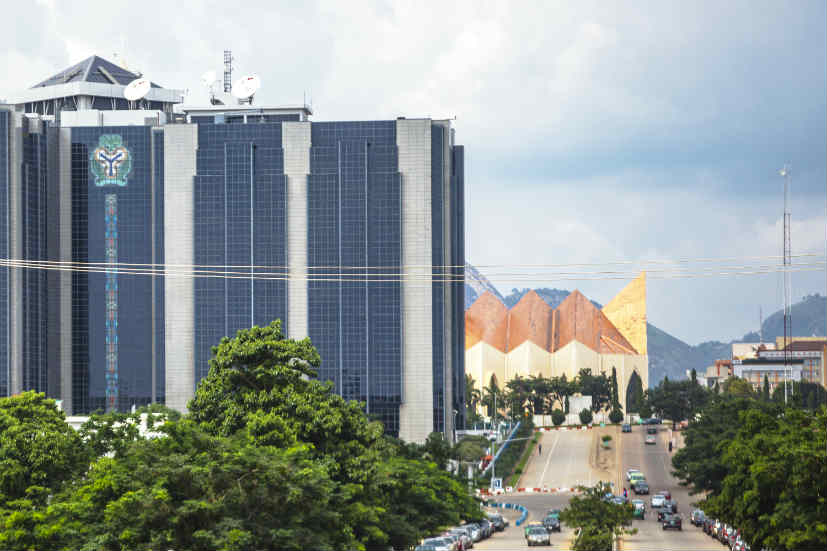Central Bank of Nigeria in an effort to improve liquidity and reduce dollar crunch has injected US$210mn into the interbank foreign exchange market.
According to CNBC, the bank said in a statement it has released US$100mn for the wholesale market, US$55mn for small enterprises and individuals and US$55mn for specific dollar expenses including medical bills and school fees.
The emailed statement reads: “The bank will continue to intervene in the interbank foreign exchange market, in line with its pledge to sustain liquidity in the market and maintain stability.”
Being Africa’s biggest oil producer, Nigeria hit recession in 2016 because of factors such as slashed crude oil prices, which led to lower revenue. The depression in revenue largely contributed to foreign currency shortage, which is the country’s primary source of dollars.
However, according to the National Bureau of Statistics, its GDP expanded 0.55% in Q2 2017. The country emerged from recession due to recovery of crude oil prices and end of militant attacks against Niger Delta oil production.

